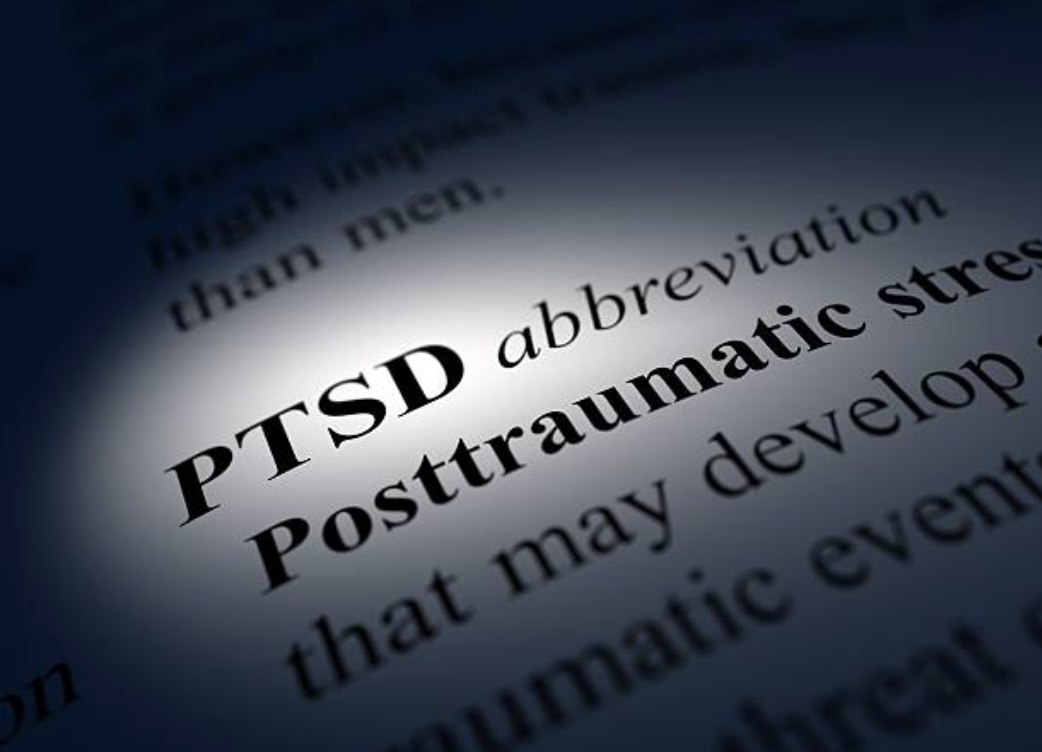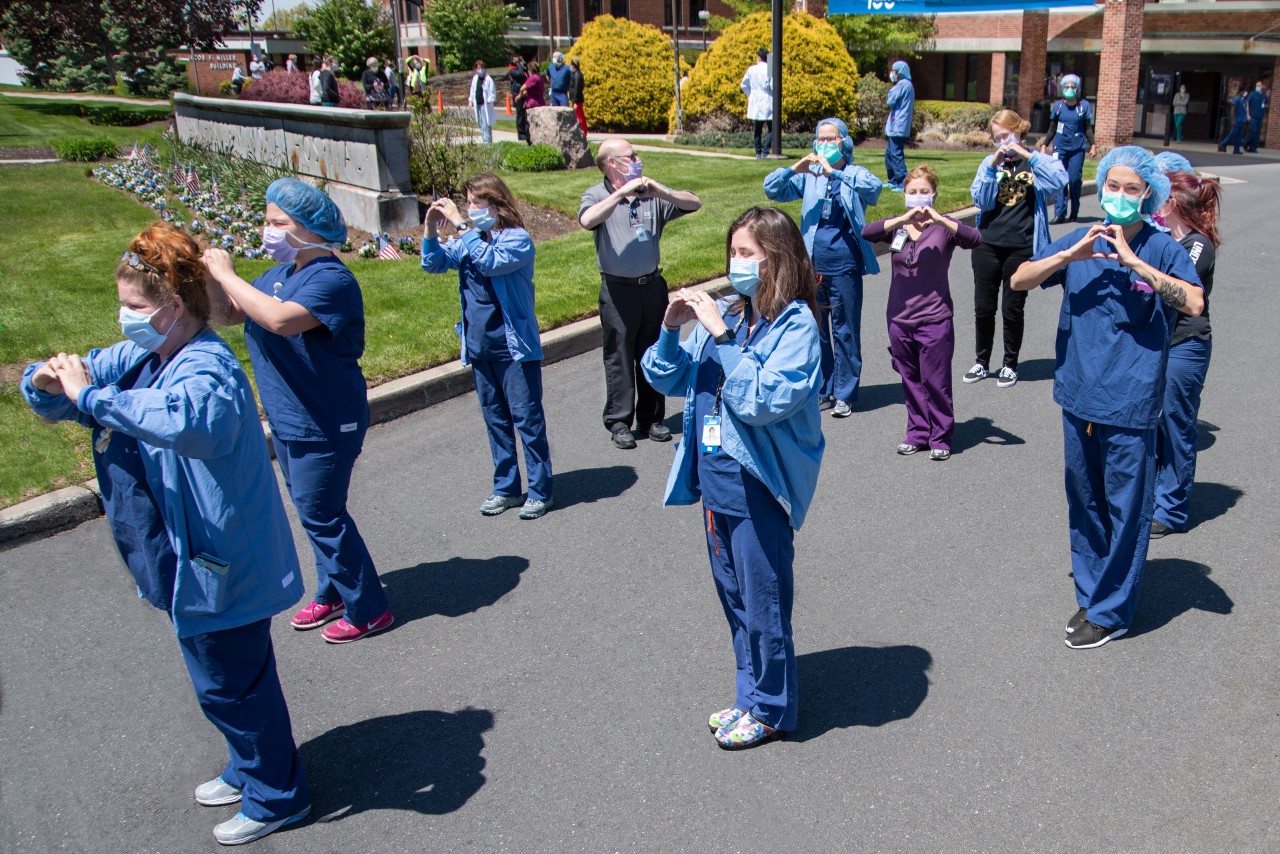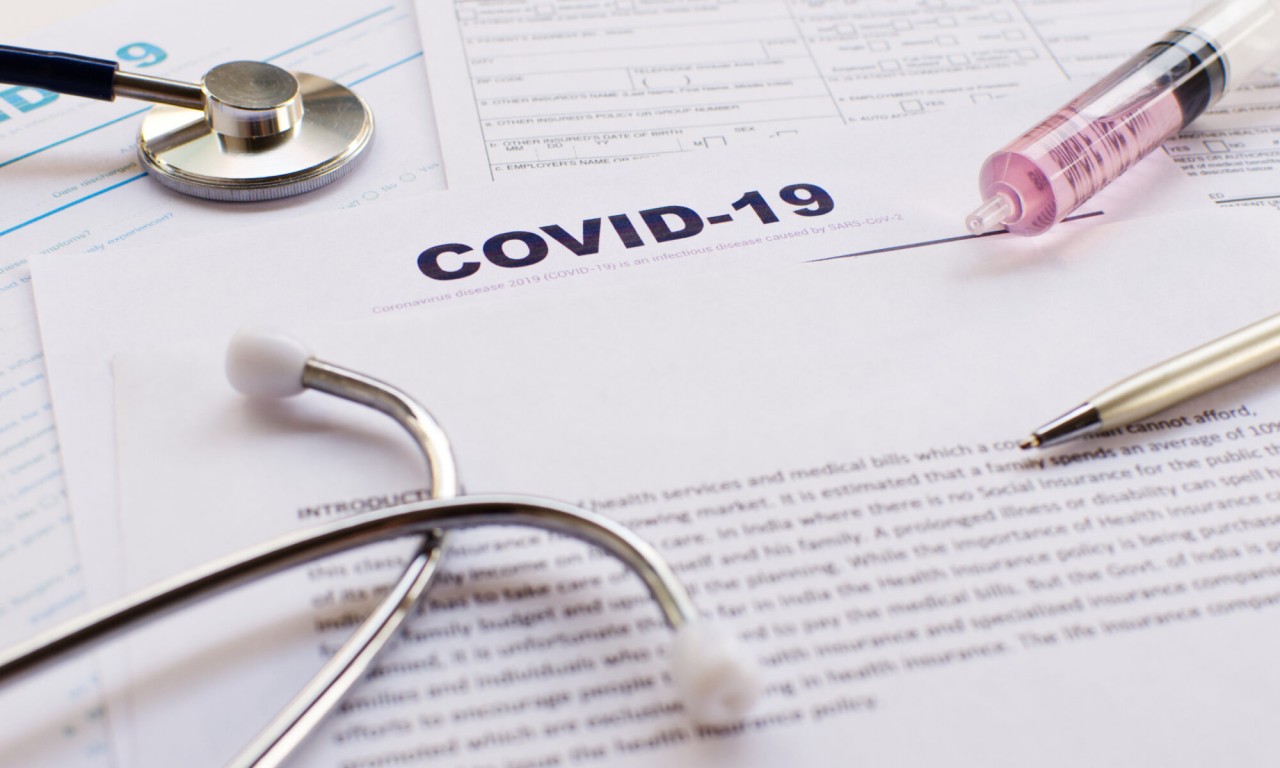COVID-19 Related PTSD May be Covered Under Workers’ Compensation
The toll of COVID-19 on workers is not just physical or economic. For many, there is an emotional impact that for some, rises to such a level that it requires treatment or time away from work. This is especially true for frontline workers who face increased risk of illness for themselves and their families by virtue of their work keeping others fed, safe and healthy.
In the last few months, and perhaps in those to come, some in our community have experienced long periods of isolation away from family and friends, interrupted only by arduous shifts at work, where the weight of responsibility and the despair at the numbers and size of the problem take a tremendous toll. Fortunately, workers’ compensation coverage is available for those who have taken on this burden and who have suffered with not just physical symptoms of COVID-19, but with the mental manifestations of emotional distress as a result of this work.
In the case of emergency responders, New Hampshire workers’ compensation laws allow employees to recover benefits for disabling mental injury suffered as a result of workplace events. However, there are numerous obstacles and challenges in making these claims. Many employees are not aware of their right to bring these claims, and for those that are, the concern of stigma or impact to an employee’s career can be a daunting obstacle to making a claim. Furthermore, when a claim is made, the chance of denial is high, and the process of appeal is in itself stressful and frequently invasive.
Too often the requirement of proof becomes a point of contention that requires the worker to open up their life and health records to inspection in order to meet the burden of proof required. Employees seeking coverage for PTSD, ASD, and other stress or mental health symptoms caused by work often face layers of opposition to their claim. In some instances, they must not only prove that the symptoms they are experiencing are work related, but to do so, they are often compelled to show that their stress is not caused by other life stressors. This process of meeting the burden of proof in a stress injury claim can serve to make the symptoms of stress worse and discourage claims altogether.
New legislation passed in July of 2019 seeks to address these obstacles for some of New Hampshire’s workers with the implementation of a series of amendments aimed at easing the burden of proving a mental injury claim for emergency responders/public safety workers.
RSA 281-A:2 XI, which is now in effect, amends the definition of “injury” or “personal injury” under the workers’ compensation statute, to include acute “stress disorder and posttraumatic stress disorder” if an employee meets the definition of an “emergency response/public safety worker.” This legislation also expands the definition of emergency response/public safety worker found at RSA 281-A:2 V-c, to now include “emergency communication’s dispatcher” a group of employees often overlooked but who are also deeply connected to this work. With this legislation comes the acknowledgment that the risk of mental stress injuries to these workers is real and must be met with proper opportunity for treatment and time to heal without stigmas or undue added stress associated with making these claims.









